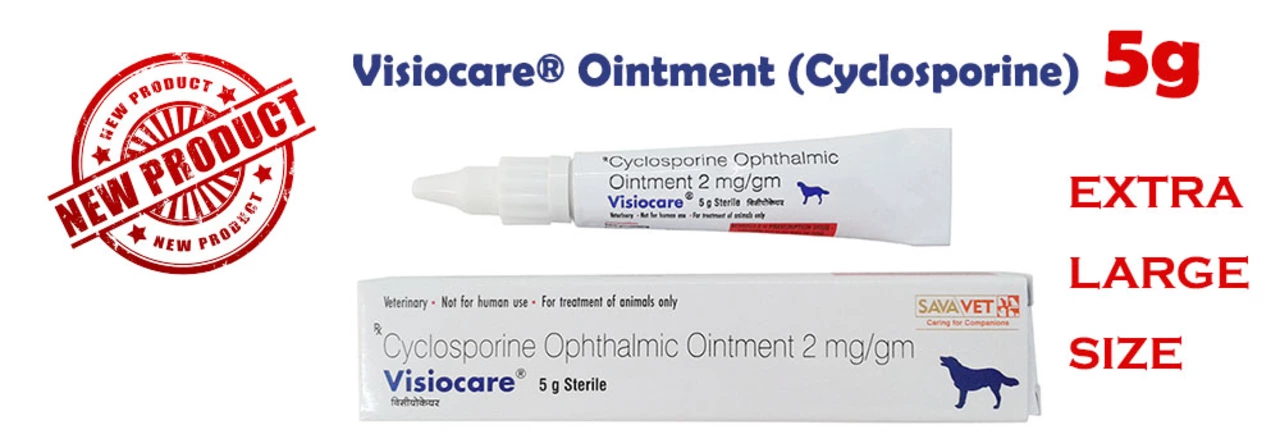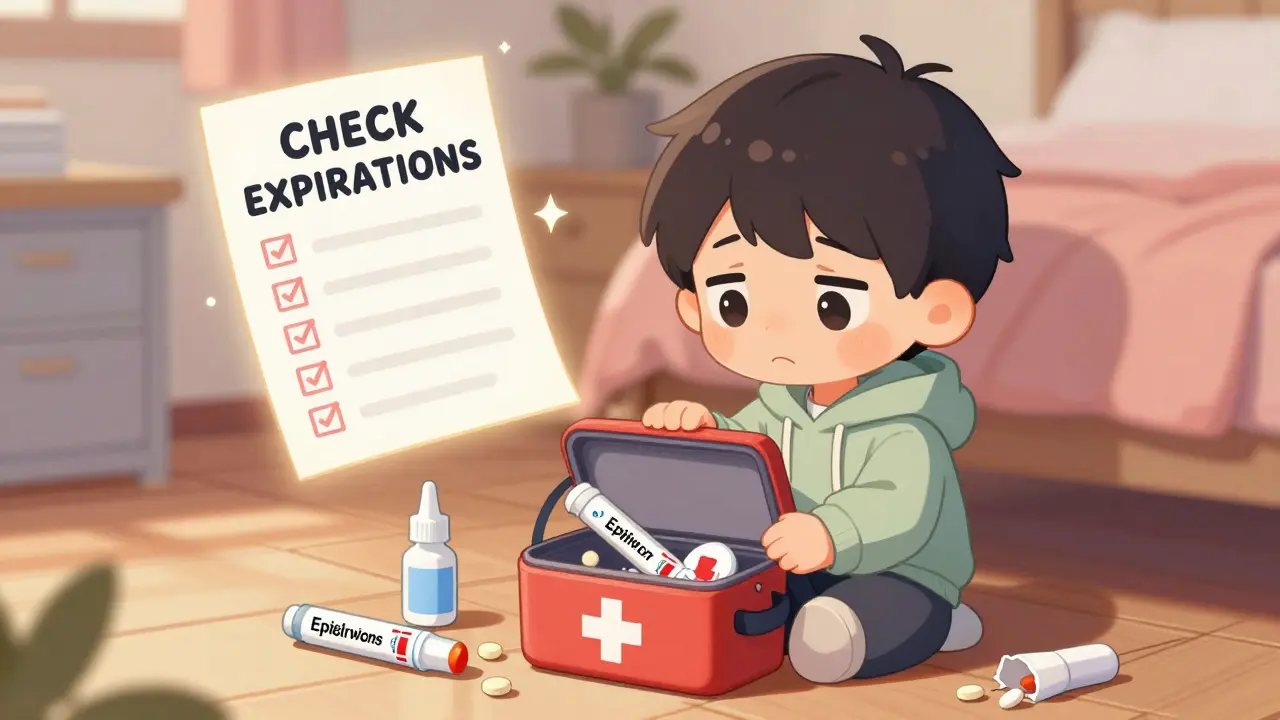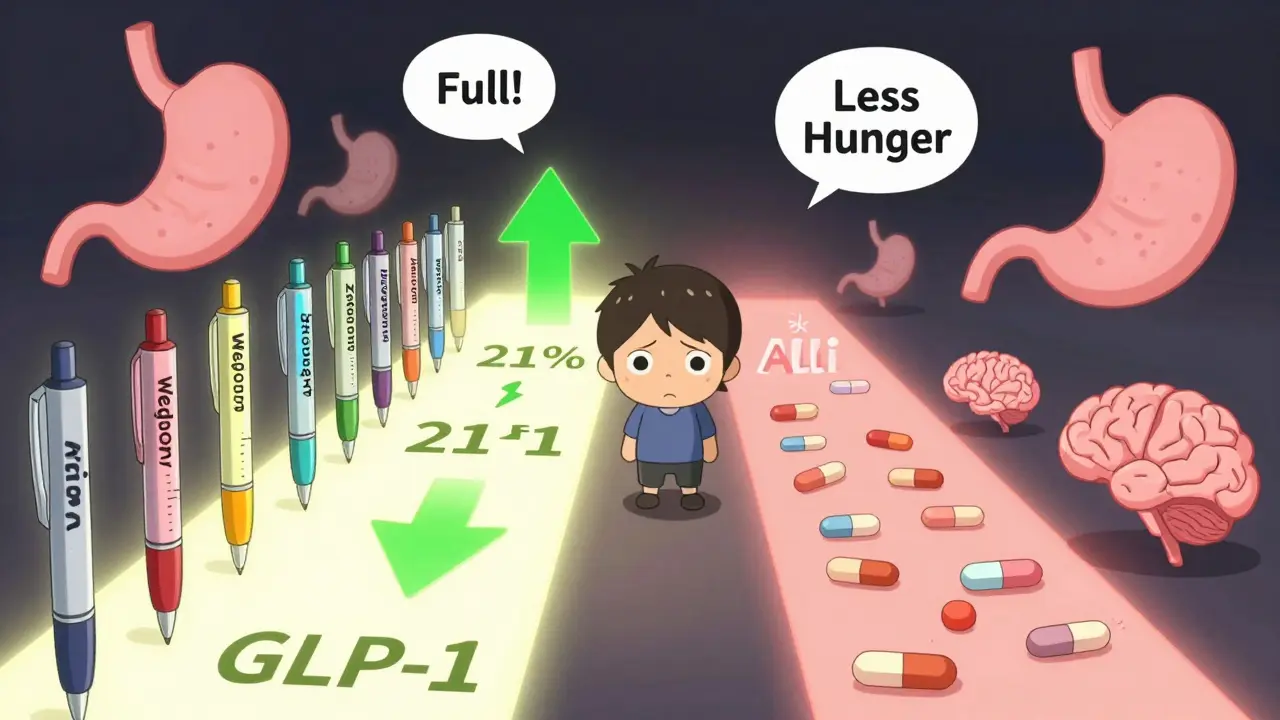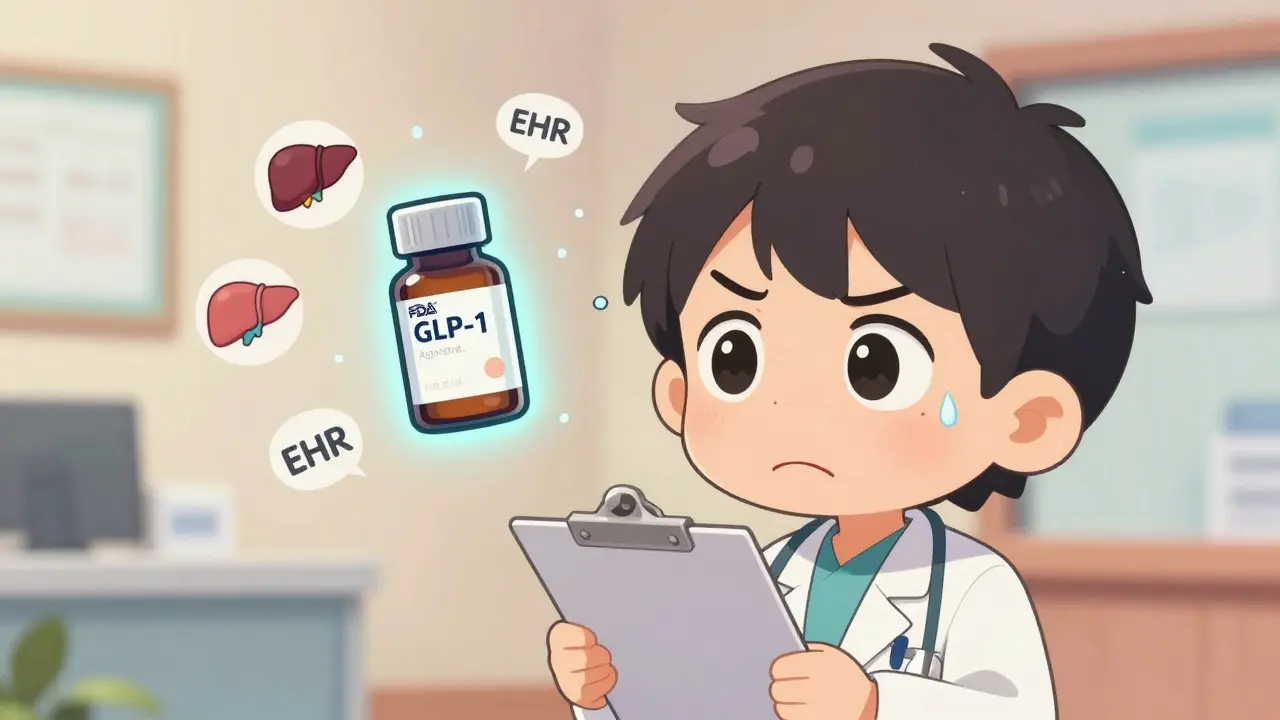Pets Pharmacy Guide: Essential Meds and Supplements
Got a dog, cat, or another furry buddy at home? You probably know that keeping them healthy means more than just walks and toys. The right medication and supplement can stop a problem before it gets serious, and you don’t always need a vet visit for every little issue.
First off, don’t confuse human drugs with pet meds. Many medicines that are safe for us can be toxic to animals. Always check the label or ask a vet before giving anything new to your pet. Even over‑the‑counter cough syrup can cause trouble if the dosage isn’t right.
Common Veterinary Medications
Here are a few meds you’ll see most often in a pet pharmacy:
- Flea and tick control: Spot‑on treatments and oral tablets kill parasites quickly. Choose a product that matches your pet’s weight and species.
- Heartworm preventatives: A monthly pill or topical gel stops heartworm larvae from growing. Missing a dose can be dangerous.
- Pain relievers: Drugs like carprofen or meloxicam are made for dogs and cats. Never give ibuprofen or acetaminophen – they can damage the liver or kidneys.
- Antibiotics: If your vet prescribes amoxicillin or doxycycline, finish the whole course even if your pet seems better.
- Vaccines: Core shots protect against rabies, parvovirus, and distemper. Keep a record of dates and booster schedules.
When you order these drugs online, look for a UK‑registered pharmacy that displays a pharmacy registration number. A reputable site will also list the active ingredient, dosage form, and a clear expiration date.
Choosing Safe Pet Supplements
Supplements can fill gaps in a pet’s diet, but they’re not a free‑for‑all. A few things to keep in mind:
- Check the ingredients: Fish oil, glucosamine, and probiotics are common and generally safe. Avoid anything with artificial colors or flavors.
- Match the formula to the species: Cats need taurine, while dogs benefit from joint support blends.
- Watch the dosage: A spoonful for a dog might be too much for a cat. Use the weight‑based guidelines on the label.
- Read reviews and certifications: Look for products that have been third‑party tested for purity.
If your pet has a health condition like kidney disease or arthritis, a supplement could help, but only after you talk to a vet. They can tell you whether something like chondroitin will actually improve mobility or just waste money.
Buying pet meds online can save time, but don’t let price be the only factor. Cheap, unverified products can harm your pet and end up costing more in vet bills.
Here’s a quick checklist before you hit ‘add to cart’:
- Verify the pharmacy’s UK registration number.
- Confirm the product matches your pet’s species and weight.
- Read the expiration date and storage instructions.
- Make sure there’s a clear return or refund policy.
- Have a vet’s phone number handy in case you need advice.
Remember, medication is only one piece of the health puzzle. Regular vet check‑ups, a balanced diet, and plenty of exercise keep pets thriving. When you combine those basics with the right pharmacy supplies, you’ll feel confident that your companion is getting the best care possible.
Got a question about a specific drug or supplement? Drop a comment below or reach out to your local veterinary pharmacy. They’re usually happy to walk you through dosing, side effects, and safe storage.





